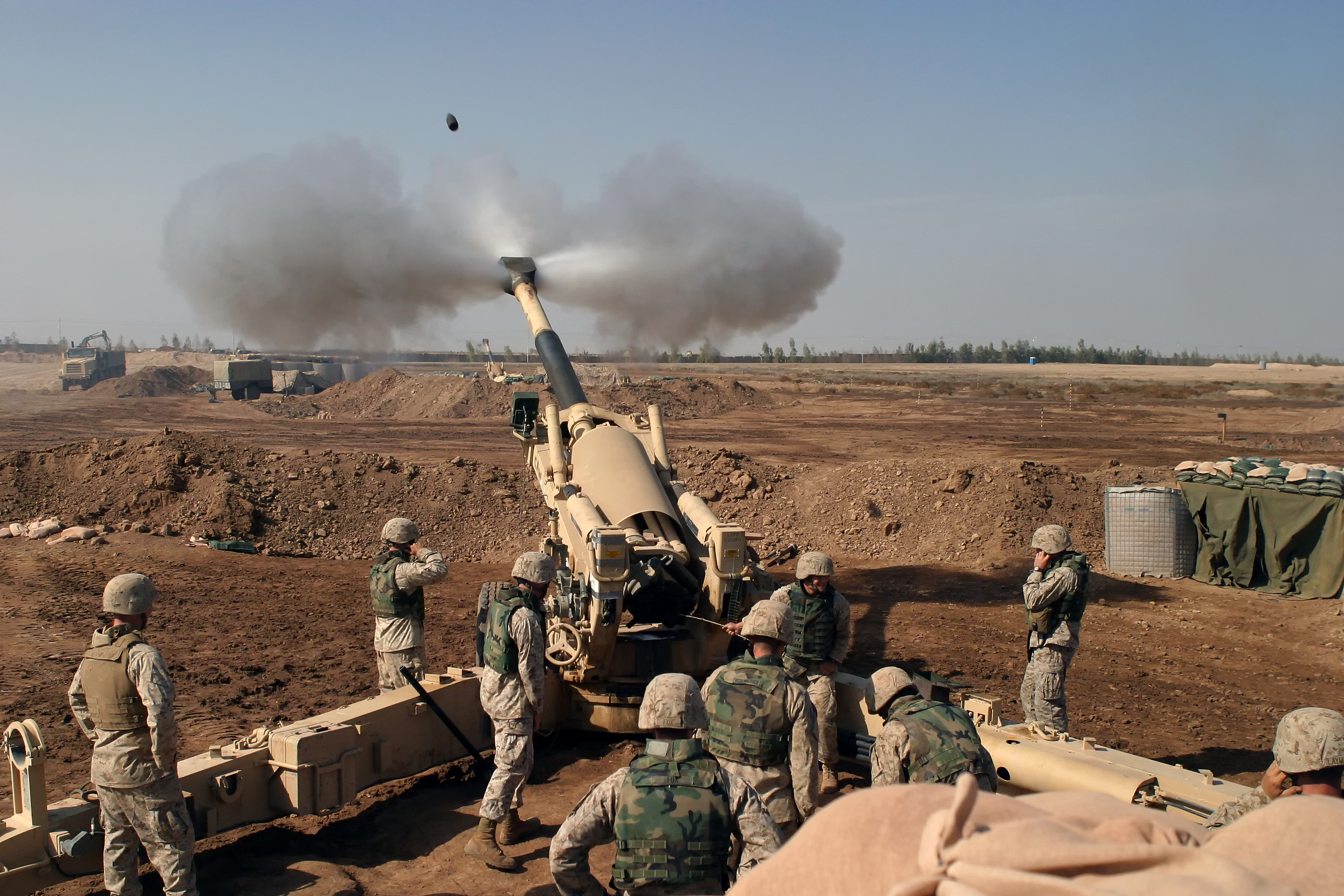[A continuing series by guest author Ross Caputi]
I spent many nights on post or lying awake in bed, wrestling with my memories and trying to understand the links among them.

I remembered that it was because my command made me an unofficial translator that I spent more time in the villages and had more contact with Iraqis than most others. I heard their grievances and saw that we were not helping them.
I remembered that it was because my command hated me that they made me the captain’s radio operator for Fallujah, and because of that I was more isolated than most from the bloody, gory combat. I was able to witness what was happening with a clearer head than all the others who got swept up in the violent hysteria of those few weeks.
And because my command hated me and made me stand post at the barracks more than anyone else, I was there to witness the effect that Iraq had on all of us. I saw it every night when I was on duty.
Once everyone was good and drunk or stoned, the stories started to pour out of them. I listened as they told me about when they had pulled the trigger and wished they hadn’t, or had watched friends bleed to death in the street and weren’t able to go help them because they were pinned down by enemy fire.
I remembered the family man that we had arrested in the villages outside of Fallujah who was not presumed innocent until proven guilty, and who would not get a jury of his peers.
I remembered the family photos that clung to the bullet-riddled walls of the homes in Fallujah.
Ross Caputi, former Marine, founder of the Justice for Fallujah Project, and former president of the Boston University Anti-War Coalition



